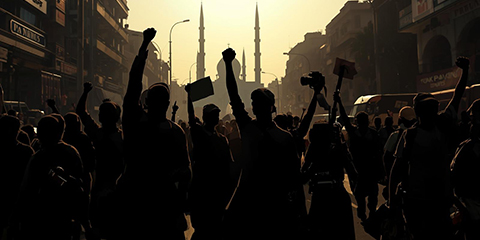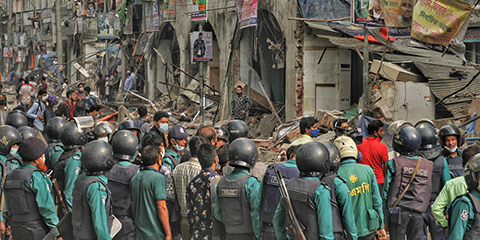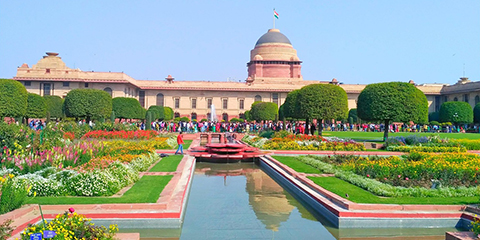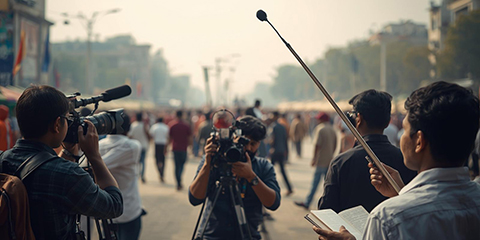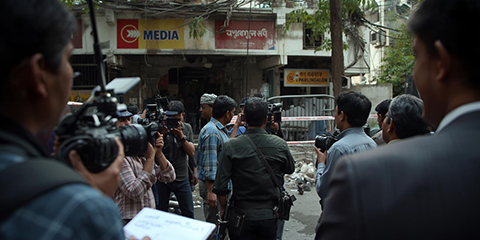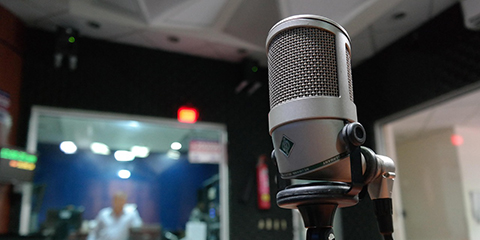Media Council Bill passed in lower house in Malaysia
JournalismPakistan.com | Published 9 months ago | IFJ Media Release
Join our WhatsApp channel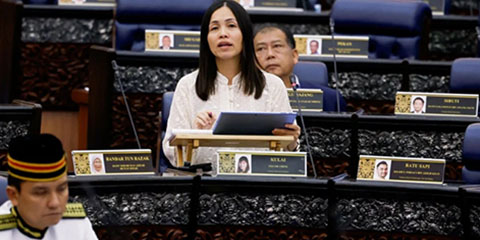
KUALA LUMPUR—Following five decades of action from journalists, media bodies, and unions, the Dewan Rakyat passed a bill to establish a Malaysian Media Council on February 26. The International Federation of Journalists joins its affiliate, the National Union of Journalists Peninsular Malaysia (NUJM), in celebrating the bill’s passing, but urging authorities to ensure the council’s independence, resourcing, and central role in a much-needed process of legal reform.
On February 26, the Malaysian Media Council (MMC) Bill was passed in the Dewan Rakyat, the lower house of Malaysia’s legislature. First tabled by Deputy Communications Minister Teo Nie Ching on December 14, Communications Minister Fahmi Fadzil said that he believed the council could be operational by mid-2025.
Under the bill, Malaysian journalists and media workers will be empowered to set ethical standards for journalists and establish a code of conduct for the media. The NUJM, as a member of the interim pro-tem committee, has consistently advocated for the Council’s role as a force advocating for improved working conditions and protections in an economically challenged media industry.
The council will consist of 21 representatives from media companies, media associations, and other stakeholders and experts, of which there must be at least one female member, and one member from the East Malaysian states of Sabah and Sarawak. The council will also consist of two government representatives nominated by the Communications Ministry, and a Chair, who cannot be involved in politics, civil service, or the legislature.
In a recent report written by the Centre for Law and Democracy (CLD) and the IFJ, the Media Council was touted as a key instrument needed for industry-led reform to Malaysia’s legal framework for freedom of expression and the media. Anwar Ibrahim’s Madani government similarly announced its intentions to amend problematic sections of the Communications and Multimedia Act 1998 and repeal the draconian Sedition Act 1948, neither of which have been delivered.
First suggested by former Prime Minister Tun Abdul Razak Hussein in 1973, a memorandum to establish a council was only approved by the Cabinet in 2019. A Draft Media Council Act was first released by the pro-tem committee in July 2020, with attempts to introduce the law to parliament stymied by the COVID-19 pandemic and the 2020-2022 political crisis. A draft bill achieved Cabinet approval in December 2024.
In Malaysia, laws must be tabled before each house of Parliament, either the Dewan Rakyat or Dewan Negara, and subject to three readings. If passed by a majority of present Members of Parliament, the bill will pass to the opposite house, where following approval from the Yang di–Pertuan Agong, it will ascend into law.
The NUJM said: “The NUJM was the one that highlighted the welfare of the media workers to be protected and for the council to hold media owners accountable in making sure journalists are paid well. We do not want certain media owners to be able simply open and shut down a portal as well as retrench hard working journalists because the business model is ‘not working.’ We don’t want to lost good journalists now and in the future due to the decline of job opportunities, when we have struggled hard since 1973 to form a media council.”
The IFJ said: “The passing of the Media Council Bill in the Dewan Rakyat is a monumental step towards independent media regulation in Malaysia, and is the result of decades of activism, lobbying and organising among media practitioners and allies. This council must be independent, adequately resourced, and provided with the tools necessary to provide urgent reforms to restrictive and problematic laws limiting freedom of expression.
Photo caption: Deputy Minister of Communications Teo Nie Ching tables the Malaysian Media Council Bill in the country's lower house on February 26, 2025. (Credit: X)




